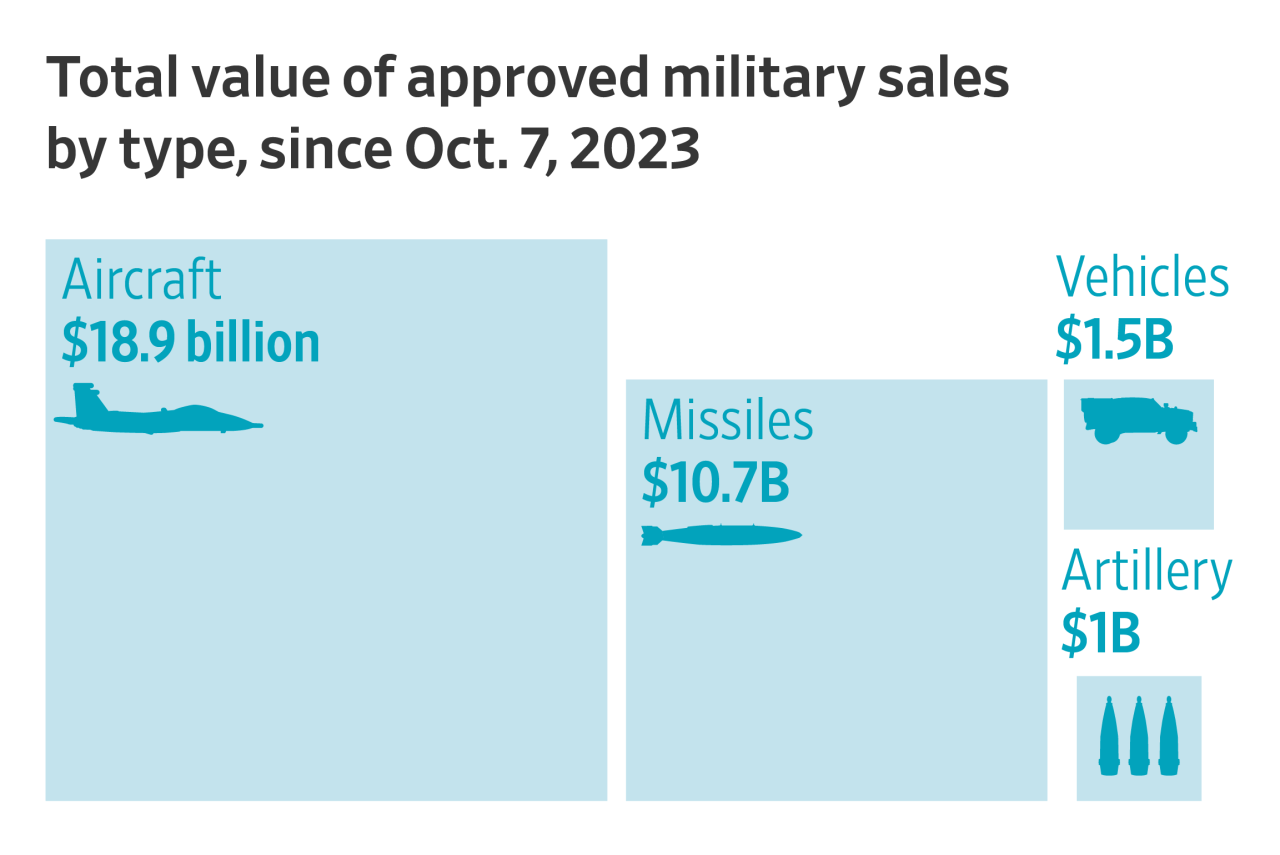World
Gaza Conflict Fuels Billions in Sales for U.S. Companies

The ongoing conflict in Gaza has significantly boosted sales for American companies, generating approximately $5 billion in revenue through military contracts and related services. As hostilities continue, U.S. firms have capitalized on increasing demand for defense products and humanitarian assistance, illustrating the complex interplay between war and business.
The situation escalated in October 2023 when conflict erupted following a surprise attack by Hamas. This event not only resulted in tragic loss of life but also triggered a surge in military spending by the United States and its allies, driving profits for several major corporations.
Military Contracts Drive Revenue Growth
Companies such as Lockheed Martin, Raytheon Technologies, and Northrop Grumman have reported a significant uptick in orders for weapons systems and defense technologies. Analysts have noted that the heightened military activity in the region has led to expedited procurement processes for arms and equipment.
According to the U.S. Department of Defense, contracts awarded to these companies have increased by over 20% compared to the previous year. This trend underscores the reliance on private sector capabilities to support military objectives abroad.
Furthermore, the Biden administration has pledged to enhance military support for Israel, further bolstering the financial outlook for defense contractors. The conflict has drawn attention to the role of American companies in global military affairs, raising questions about the ethical implications of profiting from warfare.
Humanitarian Efforts Amid Commercial Gains
While military sales flourish, some companies are also involved in providing humanitarian aid. There has been increased demand for medical supplies, food, and infrastructure support to assist those affected by the conflict. Organizations like the American Red Cross and various NGOs are collaborating with private firms to deliver critical resources to the region.
The humanitarian needs are acute, with hundreds of thousands displaced and requiring urgent assistance. U.S. companies are stepping in to fill some of these gaps, although the scale of aid required far exceeds current efforts.
As the conflict persists, the dual nature of U.S. involvement—both as a military supporter and a humanitarian provider—presents a complex landscape for policymakers and the public alike. The financial successes of American firms during wartime raise ethical considerations about the intersection of business and human rights.
In summary, the Gaza conflict has transformed into a lucrative opportunity for U.S. companies, with billions in sales stemming from military contracts and humanitarian efforts. The ongoing situation will likely continue to shape the dynamics of international business and defense policy in the coming months.
-

 Top Stories1 month ago
Top Stories1 month agoRachel Campos-Duffy Exits FOX Noticias; Andrea Linares Steps In
-

 Entertainment9 hours ago
Entertainment9 hours agoJayda Cheaves Claims Lil Baby and Ari Fletcher Had an Affair
-

 Top Stories2 weeks ago
Top Stories2 weeks agoPiper Rockelle Shatters Record with $2.3M First Day on OnlyFans
-

 Top Stories2 weeks ago
Top Stories2 weeks agoMeta’s 2026 AI Policy Sparks Outrage Over Privacy Concerns
-

 Sports2 weeks ago
Sports2 weeks agoLeon Goretzka Considers Barcelona Move as Transfer Window Approaches
-

 Top Stories2 weeks ago
Top Stories2 weeks agoUrgent Update: Denver Fire Forces Mass Evacuations, 100+ Firefighters Battling Blaze
-

 Health2 months ago
Health2 months agoTerry Bradshaw Updates Fans on Health After Absence from FOX NFL Sunday
-

 Sports1 week ago
Sports1 week agoSouth Carolina Faces Arkansas in Key Women’s Basketball Clash
-

 Top Stories2 weeks ago
Top Stories2 weeks agoOnlyFans Creator Lily Phillips Reconnects with Faith in Rebaptism
-

 Top Stories1 week ago
Top Stories1 week agoCBS Officially Renames Yellowstone Spin-off to Marshals
-

 Top Stories2 weeks ago
Top Stories2 weeks agoOregon Pilot and Three Niece Die in Arizona Helicopter Crash
-

 Entertainment2 weeks ago
Entertainment2 weeks agoTom Brady Signals Disinterest in Alix Earle Over Privacy Concerns

